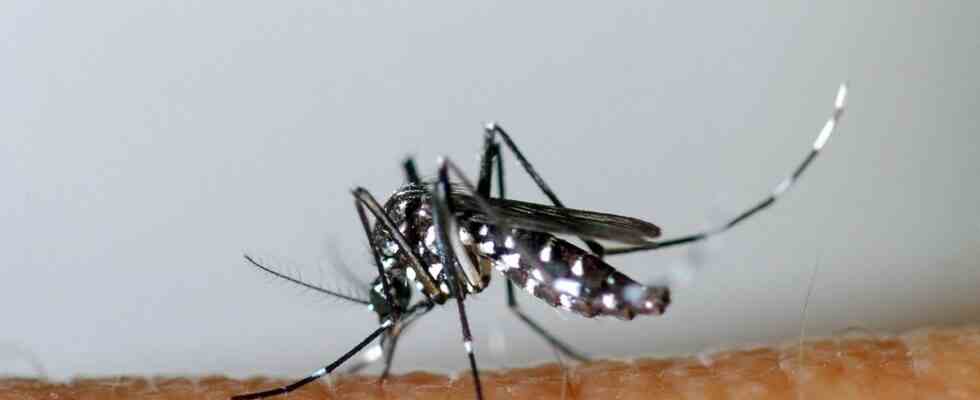Faced with mosquitoes, your clothes can be your best friends as well as your worst enemies. A study published in the journal Nature communication affirms that mosquitoes are much more attracted to certain colors. Here are the shades to absolutely avoid so as not to be devoured.
While a intense heat wave strikes France, this climate facilitates the proliferation of mosquitoes. And we are not all equal in the face of mosquitoes. While some are prime targets for insects, others have peace and never get stung.
Many theories more or less eccentric circulating on mosquito bites and the different ways to protect yourself from them.
an American scientific study
Blood group, sugary blood, skin type, lemongrass, essential oils… Between myth and reality, and faced with solutions that are not always very effective, scientists could finally provide a precise answer to the question of mosquito bites.
A study conducted by researchers at the University of Washington in the United States reveals that certain colors particularly attract mosquitoes. Not wearing certain shades would therefore limit the risk of bites.
Red, orange and cyan to avoid
To do this, the researchers focused on three species of mosquitoes by selecting females that needed blood for their reproduction. They then made a tunnel with colored spots imitating human skin and its shades, combining them with different shades of other colors. The mosquitoes were attracted with CO2 and the scientists were able to study their trajectories.
Very quickly, the researchers realized that mosquitoes were particularly attracted to the color of human skin combined with red, orange and cyan (blue). Black, to a lesser extent, also attracted them. Conversely, white, green and purple have not been favored by mosquitoes and are therefore rather recommended colors for facing summer nights with complete peace of mind.
In summary, if clothing alone does not constitute 100% effective protection, this study seems to show that it can be a good bulwark to protect against bites. Nevertheless, scientists still advise to bring mosquito repellent and to be vaccinated, if necessary, when traveling to certain countries where these insects can carry many diseases.

